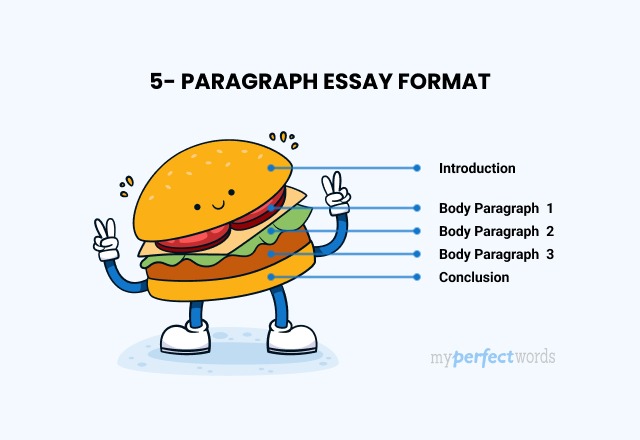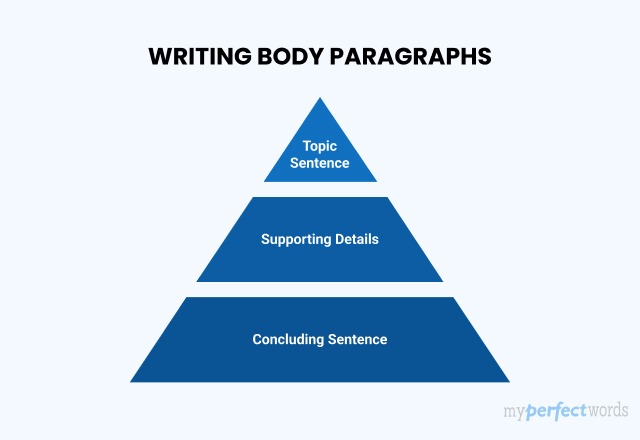7 Tips to Start an Essay
When writing an essay a good opening is like setting the stage for a performance—get it right, and you’ll have your audience hooked from the start.
Let's look at some useful methods to start your essay strongly.
Tip 1. Start with a Hook
The first stage in writing a compelling essay opening is to hook your reader. This could be a surprising fact, a provocative question, a quote, or even a vivid description that grabs attention.
For example, you might start with a startling statistic: "Did you know that 90% of startups fail within their first year?" Such a fact immediately intrigues the reader and sets the stage for discussing entrepreneurial challenges.
Tip 2. Provide Context or Background
Once you’ve hooked your reader, it’s important to provide some context or background information relevant to your topic. This helps orient your reader and sets up the framework for your thesis.
For instance, if your essay is about the impact of social media on mental health, you might briefly outline the rise of social media platforms and their pervasive influence on society today.
Struggling to start? Our professional essay writing service handles it for you.
Tip 3. State Your Thesis Clearly
Next, state your thesis statement clearly and concisely. Your thesis should outline the main argument or position you will be discussing in the essay. This acts as a roadmap for your readers, guiding them through the points you will explore.
For example, in an essay arguing for stricter gun control laws, your thesis might assert: "Effective gun control measures are necessary to reduce firearm-related violence and ensure public safety."
Tip 4. Use Narrative or Anecdotal Openings
Another effective strategy is to start your essay with a narrative or anecdote. This approach works well for personal essays or when you want to humanize your topic.
For instance, you could begin with a personal story about an experience that shaped your views on environmental conservation if your essay discusses sustainability issues.
Tip 5. Pose a Thought-Provoking Question
Engage your reader by posing a thought-provoking question that encourages them to think critically about your topic. This technique is particularly effective in persuasive essays where you want to prompt your reader to consider your argument.
For example, in an essay advocating for universal healthcare, you might ask: "Should access to healthcare be considered a basic human right?"
Tip 6. Use a Relevant Quote
Drawing on the wisdom of others can lend authority and depth to your essay introduction. Choose a quote that resonates with your topic and supports your thesis. Make sure it's relevant and enhance the reader's understanding of your argument.
For instance, if your essay explores the theme of perseverance in the face of adversity, you might begin with a quote from Nelson Mandela: "It always seems impossible until it's done."
Here are some more examples to clear your understanding of how to start an essay with a quote:
- "‘The only limit to our realization of tomorrow will be our doubts of today.’ — Franklin D. Roosevelt. This quote reminds us that our beliefs about what's possible can shape our future."
- "‘In three words I can sum up everything I've learned about life: it goes on.’ — Robert Frost. This quote reflects the resilience of life and encourages us to keep moving forward."
- "‘You must be the change you wish to see in the world.’ — Mahatma Gandhi. Gandhi’s quote challenges us to take action and be proactive in creating the changes we want to see around us."
Tip 7. Directly State Your Argument
Finally, consider starting your essay by directly stating your main point or argument. This approach is straightforward and works well for analytical essays where clarity and precision are key.
For example, in an essay analyzing the impact of globalization on cultural identity, you might open with a declarative statement: "Globalization has irrevocably altered traditional cultural practices worldwide."
Words To Start An Essay Introduction
Here are some effective words and phrases to begin an essay introduction:
- Intriguingly: Intriguingly, the concept of...
- Unquestionably: Unquestionably, the most critical issue is...
- Surprisingly: Surprisingly, the data reveals...
- Notably: Notably, this phenomenon has far-reaching implications.
- Evidently: Evidently, the evidence suggests...
- Arguably: Arguably, one of the most contentious topics is...
- It is imperative to: It is imperative to address the issue of...
- Historically: Historically, this problem has persisted for centuries.
- In today's context: In today's context the relevance of this cannot be overstated.
- To illustrate: To illustrate, consider the following example….
- In contemporary society: In contemporary society, the issue of...
- Remarkably: Remarkably, few have explored the implications of...
- Undoubtedly: Undoubtedly, this problem warrants immediate attention.
- Consequently: Consequently, this leads us to question...
- In light of this: In light of this, it becomes evident that...
- Fundamentally: Fundamentally, the core issue revolves around...
- In recent years: In recent years, there has been a growing interest in...
- In an ever-changing world: In an ever-changing world, it is crucial to consider...
- To shed light on: To shed light on this matter, we will delve into...
- As a result: As a result, we are compelled to explore the implications of…
Sentences To Start An Essay
Here are some interesting sentences to start an essay:
- Have you ever wondered about the impact of climate change on our planet?
- In a remote village nestled among the mountains, a young girl's journey began.
- "The only thing we have to fear is fear itself," said Franklin D. Roosevelt.
- Shockingly, 70% of marine life is threatened by plastic pollution.
- While some embrace technology, others yearn for a simpler, analog life.
- Democracy, the cornerstone of modern societies, is often misunderstood.
- A tranquil dawn, with the sun's first rays painting the sky in hues of gold.
- Did you know that octopuses have three hearts and blue blood?
- As a child, I often marveled at the stars, wondering about the cosmos.
- Society teeters on the brink of a digital revolution that will redefine human existence.
How to Start an Essay - Examples
Examining various essay introduction examples provides valuable insights into captivating your reader's interest right from the start.
Check out these examples for guidance on crafting powerful opening lines.
How to Start an Essay Introduction?
To start an essay introduction, begin with a hook that grabs the reader's attention. Next, provide some background information on the topic. Finally, clearly state your thesis to outline the main argument of your essay.
Here is an example of how to write an essay introduction to help you understand this better.
How to Start a Paragraph in an Essay?
The best way to start a paragraph in an academic essay is to write the topic sentence. The topic sentence tells the reader what the paragraph is going to be about. After the topic sentence, the supporting details are further provided.
Read this example to know how to start a paragraph.
How to Start a Conclusion in an Essay?
To start a conclusion in an essay, you should write a rephrased thesis statement first. As it is the crux of your whole essay. Further on, the points discussed in the essay can be summarized one by one in the concluding paragraph.
Here is an example of how to write a conclusion to help you understand this better.
Mistakes to Avoid When Starting an Essay
Here are a few mistakes that should be avoided for writing a great essay introduction.
- Starting Without a Plan: Launching into your essay without a clear outline is a recipe for confusion.
- Weak, Generic Hooks: Using clichés or dull openings that fail to grab your reader's attention.
- Excessive Formality: Overloading your intro with formal language can bore your audience.
- Info Overload: Bombarding readers with too much background information can overwhelm them.
- Unclear Thesis: Failing to state your essay's purpose upfront leaves readers puzzled.
- Irrelevant Quotes: Using quotes that don't connect directly to your topic is a misstep.
- Ignoring Your Audience: Neglecting your audience's interests can lead to disengagement.
- Procrastinating Intro: Leaving the intro for last often results in rushed, ineffective beginnings.
- Repetitive Content: Repeating what's in the body of your essay makes the intro redundant.
- Skipping Proofreading: Overlooking errors in grammar and punctuation undermines your intro's credibility.
Still confused about how to begin your essay? Don't worry—help is just a click away! At MyPerfectWords.com, we specialize in offering professional paper writing services that provide 100% custom assistance.
If you're thinking, "Who can help me do my essay?"—we've got you covered. Our expert online essay writers are available 24/7 to craft high-quality, custom essays that will earn you top grades.
Place your order now and get essay writing help in no time, guaranteed to impress your teachers!


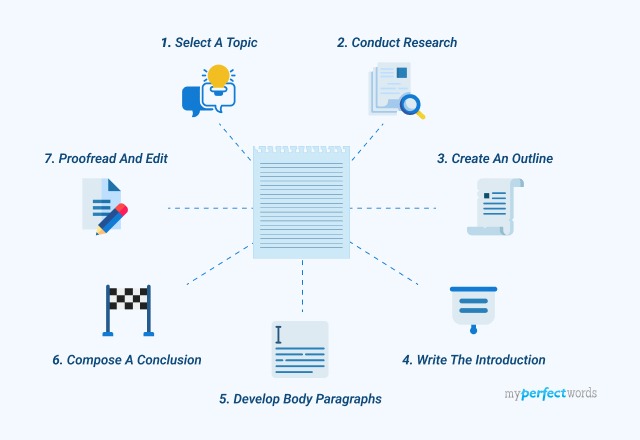

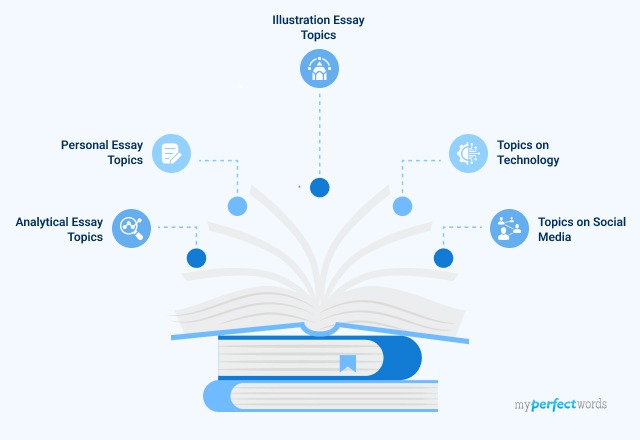


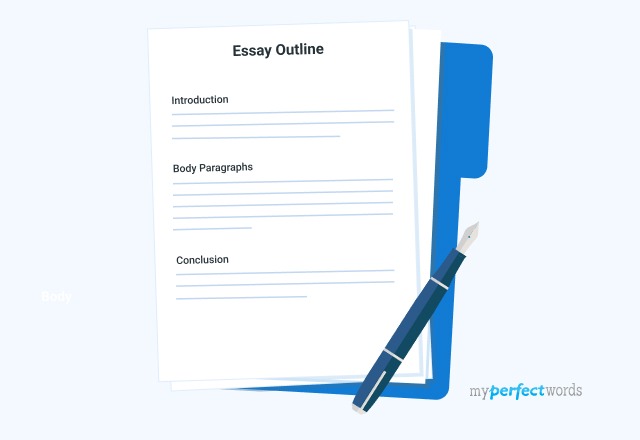
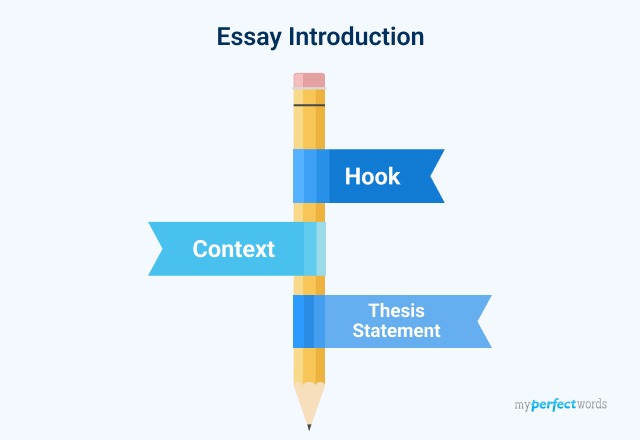
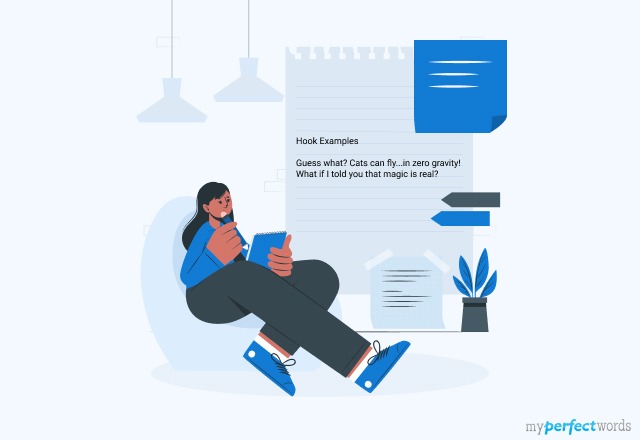

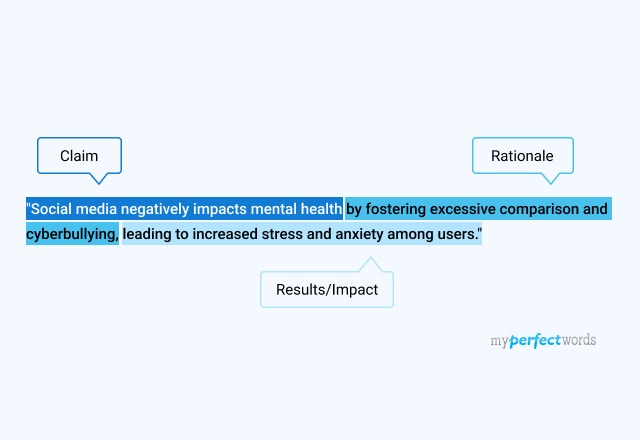





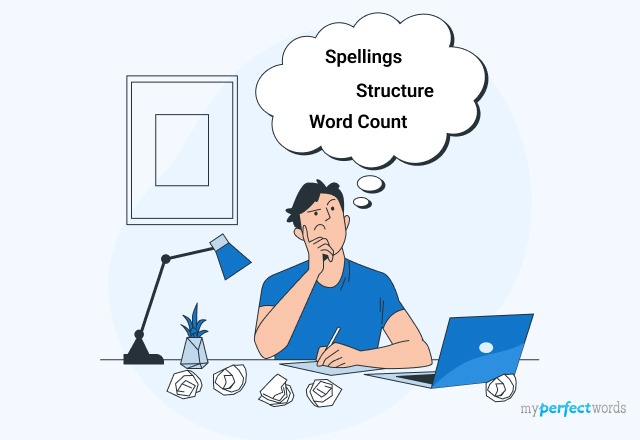
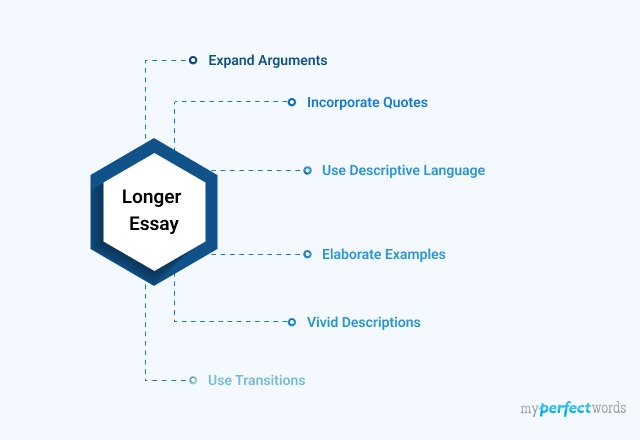
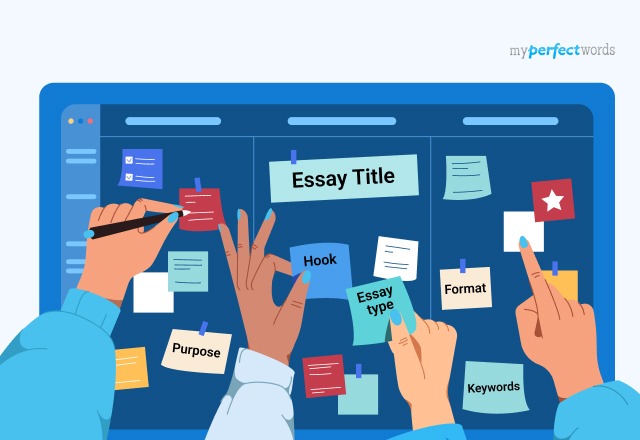
-9261.jpg)
